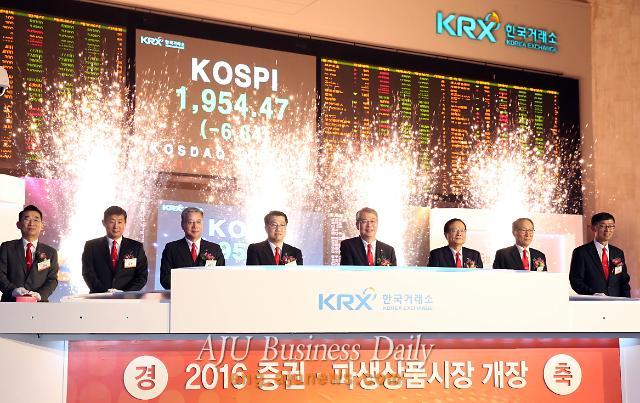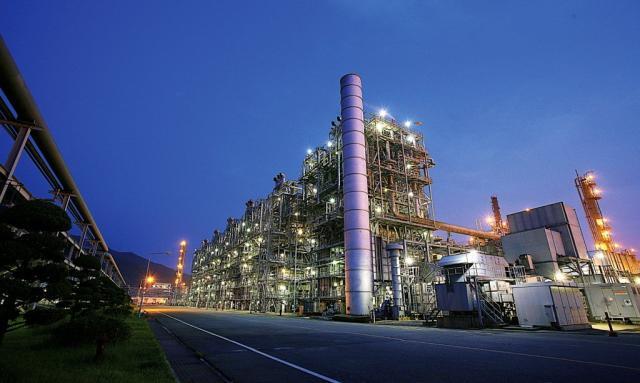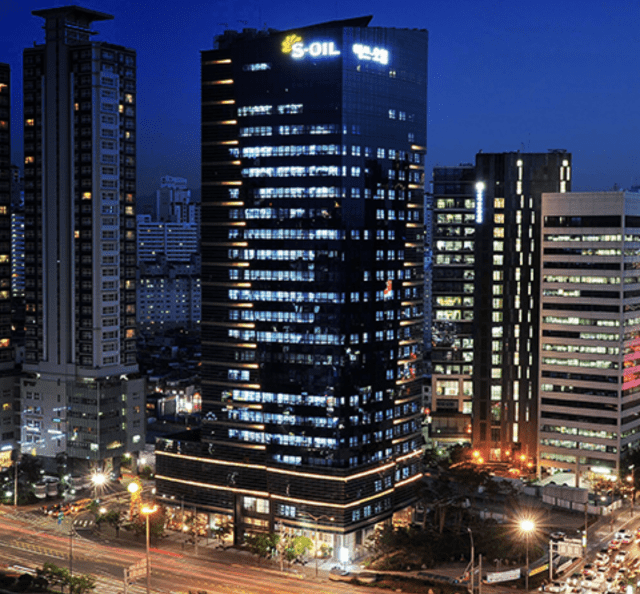
[Aju News DB]
South Korean stocks slipped to its lowest levels in five months in early trade on Wednesday, weighed down by a relentless slide in oil prices.
Foreigners net-sold stocks for more than 30 consecutive days as the market reacted sensitively to the news that the world's energy watchdog warned the oil market could "drown in oversupply.”
The International Energy Agency said on Tuesday unreasonably warm weather and rising supply will keep the crude oil market oversupplied until at least late 2016 and could push the price below its current 12-year lows.
Brent crude futures have fallen to their lowest level since late 2003, tumbling below 30 US dollars a barrel, after OPEC said in December it would not cut output to halt the price slide despite global oversupply.
US crude futures shed another 49 cents to a new trough at $27.97 in early trade on Wednesday, while Brent crude was quoted at $28.76 a barrel.
On the previous day, Seoul shares rallied on hopes that China would unveil economic stimulus measures after Beijing showed that the Chinese economy grew at its slowest rate in a quarter of a century in 2015.
Analysts said global financial markets seemed to be overreacting to falling oil prices and the risk of a sharp downturn in China.
The International Monetary Fund (IMF) cut its global growth forecasts for the third time in less than a year on Tuesday, citing a sharp slowdown in China trade and weak commodity prices that are hammering Brazil and other emerging markets.
The Fund forecast that the world economy would grow at 3.4 percent in 2016 and 3.6 percent in 2017, both years down 0.2 percentage point from the previous estimates made last October.
The IMF maintained its previous China growth forecasts of 6.3 percent in 2016 and 6.0 percent in 2017, which represent sharp slowdowns from 2015.China reported that growth for 2015 hit 6.9 percent after a year in which the world's second biggest economy endured huge capital outflows, a slide in the currency and a summer stock market crash.
By Alex lee




